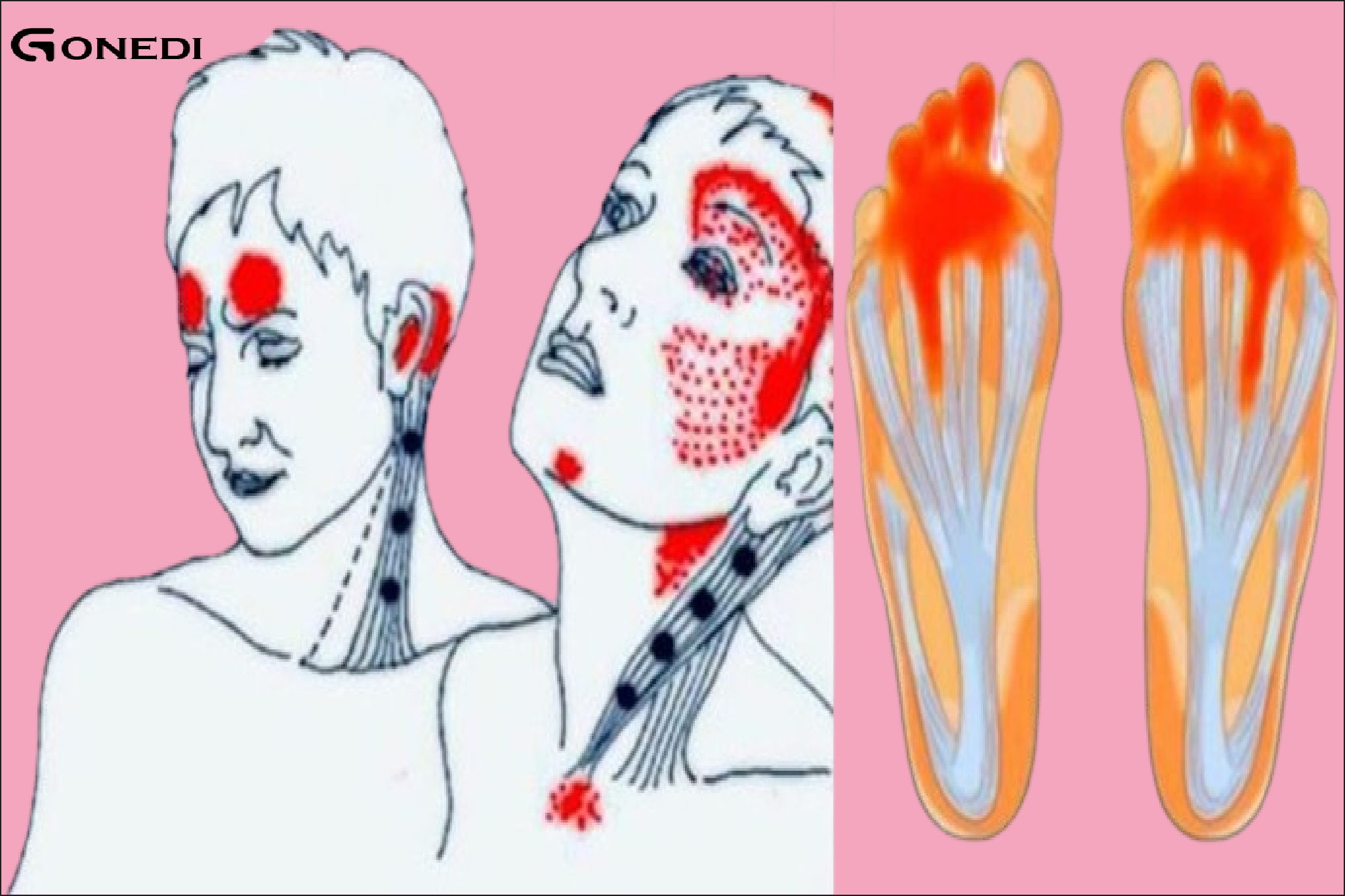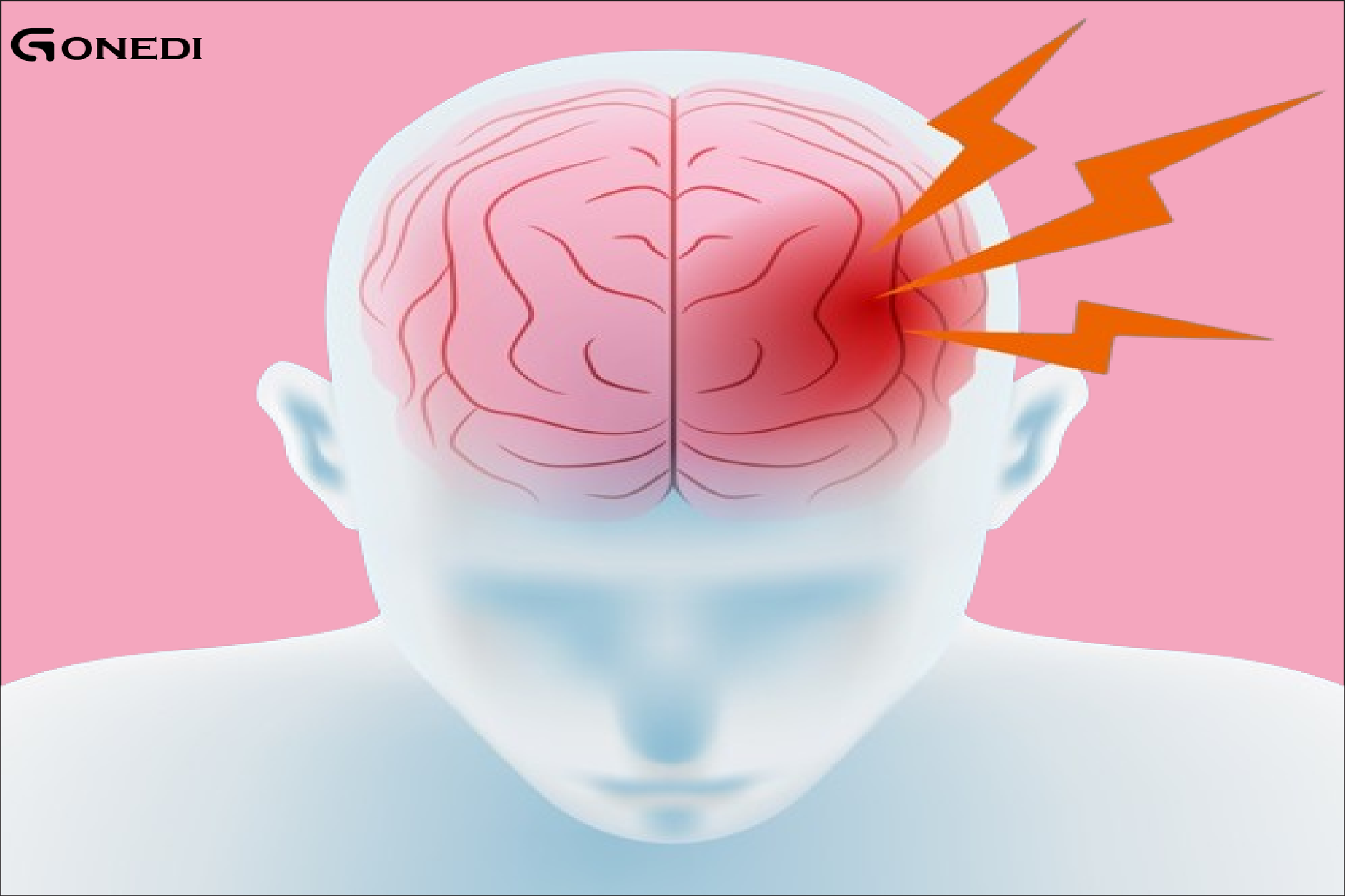Never ignore these warning signs of vitamin B12 deficiency
Vitamin B12 is an important nutrient that plays a vital role in various body functions, including red blood cell formation, neurological health, and DNA synthesis. However, despite its importance, many people ignore the signs of vitamin B12 deficiency, which can lead to serious health problems if left untreated. In this article, we’ll explore the main warning signs of vitamin B12 deficiency and why it’s important to pay attention to them.
Fatigue and weakness:
One of the early and most common signs of vitamin B12 deficiency is fatigue and weakness. Since vitamin B12 is necessary for the production of red blood cells that carry oxygen to the body’s tissues, a deficiency may lead to insufficient oxygen supply, leading to feelings of fatigue and weakness.
Pale or jaundiced skin:
Insufficient red blood cell production can also lead to a condition called anemia, which is characterized by pale skin or jaundice. This occurs due to a decrease in the amount of hemoglobin, which is the protein responsible for giving blood its red color.
Shortness of breath and dizziness:
Due to a lack of oxygen in the body, individuals with vitamin B12 deficiency may experience shortness of breath and dizziness, even with minimal physical exertion. This can affect daily activities and significantly reduce quality of life.
Cognitive issues and memory loss:
Vitamin B12 plays a crucial role in maintaining neurological health. A deficiency can lead to cognitive problems such as difficulty concentrating, memory loss, and even mood swings. In severe cases, it may contribute to the development of neurological disorders.
Numbness and tingling sensation:
Peripheral neuropathy, a condition characterized by numbness and tingling, can result from a vitamin B12 deficiency. This occurs when a deficiency affects the nerves, especially in the extremities, and can lead to discomfort and poor movement.
Difficulty balancing:
Neurological symptoms can also manifest as difficulty maintaining balance and coordination. This can increase the risk of falls and accidents, especially in older people with vitamin B12 deficiency.
Sore tongue and mouth ulcers:
Vitamin B12 deficiency can affect the health of the oral mucosa, leading to glossitis (inflammation of the tongue) and mouth ulcers. These symptoms can be painful and affect a person’s ability to eat and speak comfortably.
Vision problems:
In some cases, vitamin B12 deficiency may affect vision, causing blurred or disturbed vision. The optic nerve, which is responsible for transmitting visual information from the eye to the brain, can be affected by vitamin B12 deficiency.
Recognizing and treating the warning signs of vitamin B12 deficiency is crucial to maintaining overall health and well-being. If you or someone you know experiences any of these symptoms, it is essential to consult a healthcare professional for proper diagnosis and treatment. A balanced diet, including foods rich in vitamin B12, nutritional supplements and regular health checks, can help prevent and manage vitamin B12 deficiency, ensuring a healthy, vibrant life.


